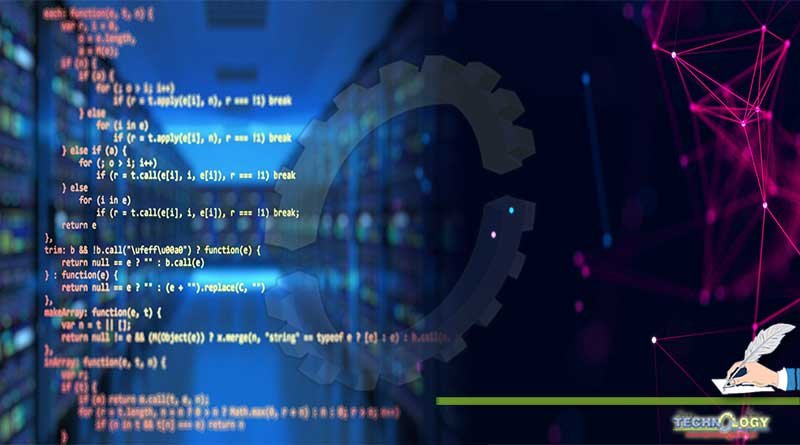The phrase “progress and service” is known by all Tech students and they assume that our aspirations, can only lead to positive outcomes.

The phrase “progress and service” is known by all Tech students — it is even on the undergraduate application essays. Perhaps because it is encouraged that every applying student embodies this motto that many freshmen enter with the goal of ‘changing/saving the world.’
However, these familiar statements can give Tech students the assumption that our aspirations, rooted in innovation in science and technology, can only lead to positive outcomes.
Therefore, the ethical ramifications of our work are often overlooked or ignored, and as students, we need to further our engagement in conversations on the impact of innovation.
University of Michigan professor and former Microsoft employee Kentaro Toyama writes that we live in a “cult of technology,” where we assume that technological innovation is the key to any issue, even society’s most severe ills (extreme poverty, war, racism, etc.).
This reminds me of a scene in HBO’s “Silicon Valley,” a satire of the Bay Area’s tech-focused culture, where the founder of a Google-esque company, after showing ‘heartwarming’ pictures of himself with African children, states that his company is “making the world a better place… through minimal message-oriented transport layers”… or some such nonsense.
The show points to our belief that any technological innovation, no matter how obscure, niche, and financially (rather than socially) motivated, is “bettering the world.”
When framed in this manner, it is obvious that this cannot be true. Scientific and technological innovations can be unethical, even when they are started with noble intentions.
Ask a professor of global development about the product of good intentions, and you’ll be given a plethora of examples of projects meant for social-good but which ended up doing nothing, wasted money, or harmed communities, like One-Laptop-Per-Child.
It is dangerous for assumptions of ethical innovation to go unchallenged. There are obvious and commonly cited examples, such as the Manhattan Project.
The working physicists might have considered the ethical ramifications of their project, the atomic bomb, but could not afford to have a broader discussion of the circumstances.
Only after the war did they more fully reflect on their impact. One of the head physicists, J. Robert Oppenheimer, famously said: “Now I become Death, the destroyer of worlds.”
An ongoing example of technology gone wrong is Facebook. In recent years, the software has been shown to be a danger to American mental health, global democracy, and society’s understanding of truth.
The former Vice President for User Growth of Facebook commented that “we have created tools that are ripping apart the social fabric of how society works.”
Only a few years ago, Facebook was used by military groups in Myanmar to incite the mass-murdering and exiling of the Rohingya Muslim ethnic group.
Let us not forget that the website was started as a small online platform to connect college students. This sounds like it came straight out of CREATE-X; it is a project many talented students at Tech could have undertaken.
What happened that changed Facebook from a helpful tool into a global problem? How did a good intention morph into a bad reality?
I am willing to bet Mark Zuckerberg did not foresee, or want, these modern tragedies to be enabled by his website. But the company focused on innovative technology and assumed it was inherently beneficial. Any meaningful conversations on the effects of Facebook came too late.
It may sound a little ridiculous to compare these scenarios next to all projects at Tech, and I agree (to not violate common sense). But there are still major projects and research at Tech which require an ongoing discussion of ethics, most clearly in artificial intelligence, genetics, defense, and fossil fuels.
In each of these topics, it is easy to envision how a well-intentioned project may eventually produce net-negative effects on society (end of privacy, massive job-loss, eugenics, environmental damage, etc.).
At the time of writing, Tech has centers, projects and financial investments focused on all the aforementioned sectors, and it is important that students are aware of and discussing their impact. To avoid such scenarios, let us be sure to check our work when beginning projects. In detail, think about how this technology/research might harm or help society.
In Tech lingo, while we are “creating the next,” let’s consider what the ‘next’ may bring with it.
I did not feel compelled to write this article because there is a total absence of ethical conversations at Tech, I personally know many students who are concerned with how Tech will impact the world. Through this publication, I want to highlight some overarching reasons why such discussions are important.
I also want to briefly commend the existing work at Tech done in integrating ethics, engineering, science, and society.
The Center for Ethics and Technology is focused on fostering conversations and research about the societal impact of technology.
Serve-Learn-Sustain does an excellent job integrating technical projects with local and global community needs (and does so with researched techniques, not just good intentions). The Office of the President has a host of guidelines and resources on ethics and encourages ethical discussions in innovation.
Originally published at Technique
